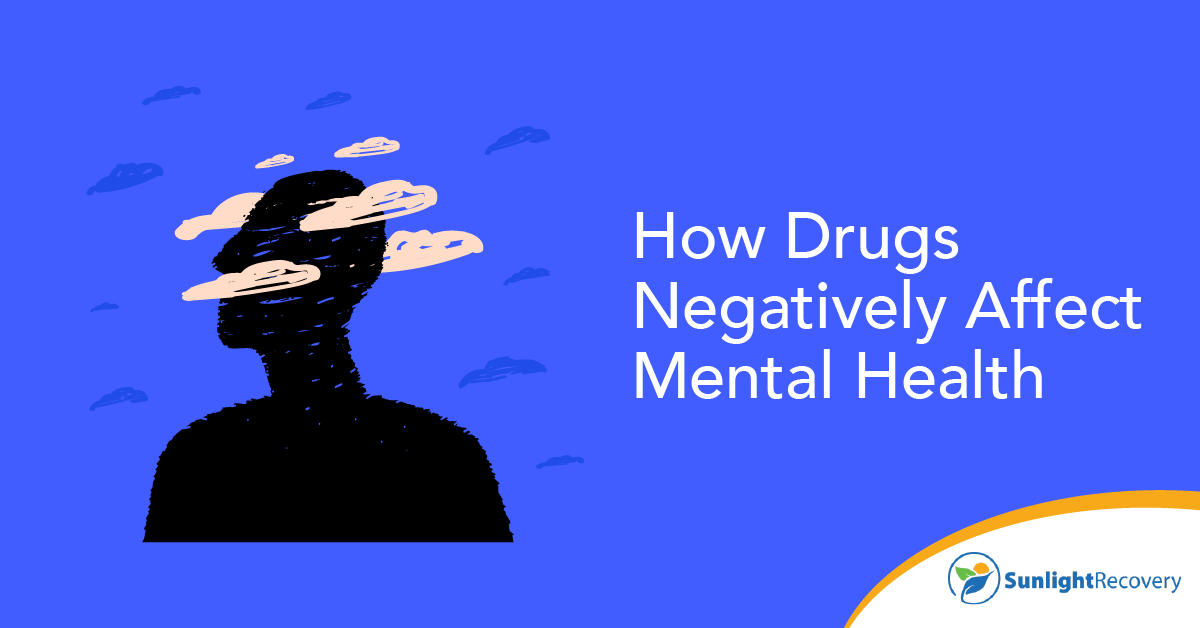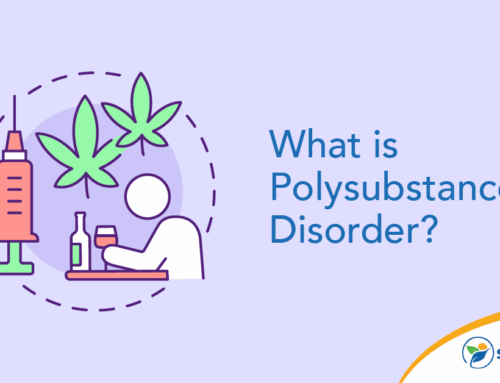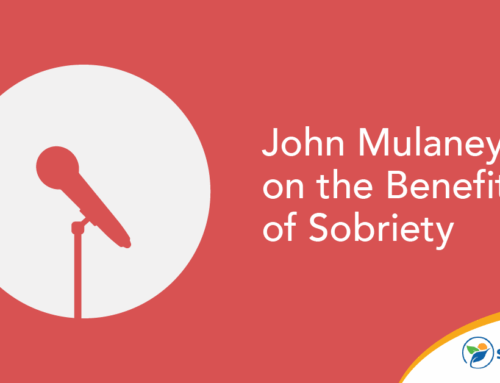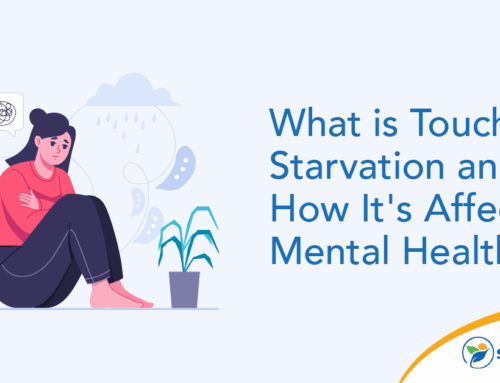When you begin using drugs, you might not immediately recognize the toll they can take on your mental well-being. The substance abuse impact on mental health is profound and multifaceted, affecting everything from your brain chemistry to your daily functioning. While everyone’s experience with addiction is unique, the escalating nature of drug use can create a predictable pattern of mental health deterioration that becomes increasingly difficult to reverse without intervention.
How Substance Use Alters Brain Chemistry and Mood
Your brain operates through a complex network of chemical messengers called neurotransmitters. When you use drugs, you’re directly interfering with this delicate system. Drugs cause dramatic surges of dopamine, which is why the initial high feels so powerful.
But here’s what happens next: Your brain recognizes this overwhelming flood of dopamine as abnormal. To compensate, it reduces the number of dopamine receptors and increases dopamine transporters to help clear the chemical more quickly. This adaptation means you need more of the drug to feel the same effect, a phenomenon known as tolerance.
How drugs affect brain chemistry and mood extends beyond dopamine. Different substances target various neurotransmitter systems. Cocaine and amphetamines prevent the reuptake of norepinephrine, dopamine and serotonin, while hallucinogens act as serotonin agonists, binding directly to receptors and activating them. This interference with your brain’s natural chemistry doesn’t just affect you while you’re using. It can fundamentally change how your brain functions over time.
Short-Term Mental Health Effects of Common Drugs
Even in the short term, drugs create immediate mental health challenges. During active use, you might experience mood swings, paranoia, anxiety or periods of intense euphoria followed by crushing lows. These aren’t just side effects. They’re your brain struggling to maintain equilibrium while under chemical assault.
Stimulants like cocaine and methamphetamine can cause acute anxiety, agitation and even psychotic symptoms like hallucinations and delusions. Depressants like alcohol and benzodiazepines may initially seem to calm anxiety, but they often lead to increased depression and emotional numbness. Cannabis users may experience altered perception and anxiety, and opioids can create a false sense of well-being that masks underlying mental health issues.
The withdrawal phase brings its own mental health challenges. When you stop using, you may experience severe depression, anxiety, irritability and mood instability. These symptoms can persist for weeks or even months, making it difficult to distinguish between withdrawal effects and preexisting or drug-induced mental health conditions.
Long-Term Impacts: Anxiety, Depression and Cognitive Decline
The long-term substance abuse impact on mental health is where the real damage becomes apparent. Research shows that 93% of people with substance use disorders express some level of depression, with 72% experiencing severe depression. Similarly, 97% of those with substance use disorders experience anxiety, with 80% reporting high to moderate levels of anxiety.
These aren’t just statistics. They represent real people whose brain chemistry has been fundamentally altered by prolonged drug use. Chronic substance abuse depletes your brain’s natural dopamine production, leaving you feeling depressed, lifeless and unable to experience pleasure from activities that once brought you joy. This condition, called anhedonia, can persist long after you stop using.
Cognitive decline is another serious long-term consequence. Prolonged drug use affects the regions in the brain responsible for judgment, decision-making, learning and memory. Over time, connections between neurons are pruned back and certain behaviors become hard-wired, making it increasingly difficult to change patterns even when you recognize they’re harmful.
Dual Diagnosis: When Mental Illness and Addiction Coexist
The relationship between mental illness and addiction is complex and bidirectional. According to SAMHSA’s 2022 National Survey on Drug Use and Health, approximately 21.5 million adults in the United States have co-occurring disorders, meaning they experience a substance use disorder and a mental health condition simultaneously.
What researchers have discovered is striking: About 50% of people who experience a substance use disorder during their lives also have a mental health disorder, and vice versa. This overlap isn’t coincidental. Common risk factors, including genetics, childhood trauma and stress exposure, can contribute to both conditions. Additionally, untreated mental illness may lead you to self-medicate with drugs or alcohol, while substance abuse can trigger or worsen mental health symptoms.
Drug-induced mental health disorders are a specific category where substances directly cause psychiatric symptoms. These can include substance-induced depression, anxiety, psychosis or bipolar disorder. The symptoms may occur during active use, intoxication or withdrawal, and for some people, they persist long after the substance has left their system.
Substance Abuse Impact on Mental Health: Breaking the Cycle with Integrated Treatment
The good news is that recovery is possible. Integrated treatment approaches offer the most effective path forward. When you have co-occurring disorders, treating only the addiction or only the mental health condition leaves you vulnerable to relapse. Integrated treatment addresses both issues simultaneously, recognizing that they’re interconnected.
Effective treatment typically includes a combination of therapies. Cognitive behavioral therapy helps you identify and change thought patterns that contribute to substance use and mental health symptoms. Medication management may involve antidepressants for depression, mood stabilizers for bipolar disorder or medications that reduce cravings and support addiction recovery. Group therapy and peer support create connections with others who understand your struggles.
Prevention and Education for Mental Health Protection
Understanding the connection between substance abuse and mental health is the first step in prevention. If you’re struggling with mental health issues, seeking proper treatment before turning to substances can help you avoid the dangerous cycle of co-occurring disorders.
Education plays a vital role in prevention. Learning how drugs affect brain chemistry and mood helps you make informed decisions about substance use. Recognizing early warning signs, such as using drugs to cope with emotions, needing increasing amounts to feel effects or experiencing withdrawal symptoms, increases the likelihood someone will seek earlier intervention.
Building protective factors is equally important. Strong social connections, healthy coping mechanisms, stress management skills and access to mental health care all reduce the risk of developing substance use disorders. If you have a family history of addiction or mental illness, being proactive about your mental health becomes even more critical.
Take the First Step Toward Recovery
If you or someone you love is struggling with the mental health effects of substance abuse, help is available. At Sunlight Recovery, we understand the complex relationship between addiction and mental health, and we’re here to provide the integrated care you need. Don’t wait for the situation to worsen. Reach out today to learn about our comprehensive treatment programs designed to address your substance use and mental health needs. Your journey to recovery starts with a single step.







